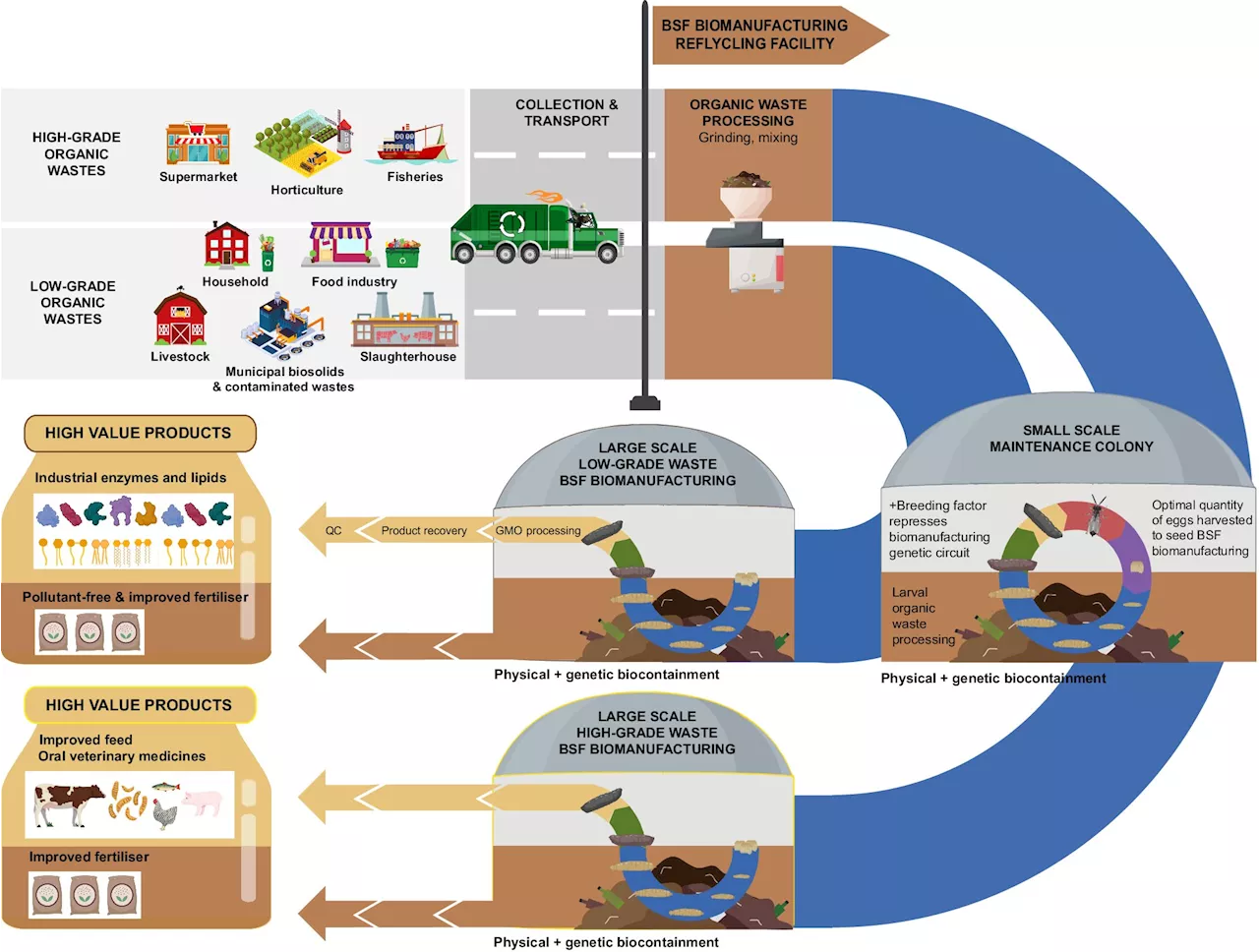Two classes of newer medications for glycemic control in type 2 diabetes differed in hyperkalemia risk and discontinuation of renin-angiotensin system inhibitors, a large cohort study found.
In patients with type 2 diabetes , the use of glucagon-like peptide 1 receptor agonists is associated with lower rates of hyperkalemia and sustained use of guideline-recommended renin-angiotensin system inhibitors compared with the use of dipeptidyl peptidase-4 inhibitors .
The study included 33,280 patients with T2D who were new users of any GLP-1 RA or DPP-4i between 2008 and 2021. In a secondary analysis, the persistence to RASi therapy was evaluated in a subgroup of 21,751 patients with T2D who were using RASis at the time of initiating GLP-1 RA or DPP-4i.Stopping or switching treatments was common. During a median follow-up of 3.9 months, 752 patients experienced at least one hyperkalemia event, with incidence rates of 21.0 per 1000 person-years for GLP-1 RA initiators and 39.0 for DPP-4i initiators.
RASi discontinuation rates were lower in patients who initiated GLP-1 RAs, with an incidence rate of 146.2 per 1000 person-years compared with 170.2 for DPP-4i users .
Diabetes Mellitus Type Ii Type 2 Diabetes Type 2 DM T2DM T2D Hyperkalemia Hyperkalaemia Renin-Angiotensin System Renin-Angiotensin-Aldosterone System Ras - Renin-Angiotensin System Raas - Renin-Angiotensin-Aldosterone System Clinical Guidelines Guidelines Heart Receptors Hypertension Renal Disease Kidney Disease Kidney Disorder Renal Disorder Nephropathy
United States Latest News, United States Headlines
Similar News:You can also read news stories similar to this one that we have collected from other news sources.
 GLP-1 Guidance to Reduce Regurgitation and Aspiration RiskDrs Akshay Jain and Girish Joshi discuss clinical considerations to keep in mind when someone on GLP-1 therapy is undergoing elective procedures.
GLP-1 Guidance to Reduce Regurgitation and Aspiration RiskDrs Akshay Jain and Girish Joshi discuss clinical considerations to keep in mind when someone on GLP-1 therapy is undergoing elective procedures.
Read more »
 Avoid These Common Mistakes in Treating HyperkalemiaAsking patients to adhere to potassium restrictions for longer than needed is one frequent error, according to an experienced dietician.
Avoid These Common Mistakes in Treating HyperkalemiaAsking patients to adhere to potassium restrictions for longer than needed is one frequent error, according to an experienced dietician.
Read more »
 Reduce, reuse, reflycle: How genetically modified flies can reduce waste and keep it out of landfillsA Macquarie University team proposes using genetically engineered black soldier flies (Hermetia illucens) to address worldwide pollution challenges and produce valuable raw materials for industry, including the USD $500 billion global animal feed market.
Reduce, reuse, reflycle: How genetically modified flies can reduce waste and keep it out of landfillsA Macquarie University team proposes using genetically engineered black soldier flies (Hermetia illucens) to address worldwide pollution challenges and produce valuable raw materials for industry, including the USD $500 billion global animal feed market.
Read more »
 GLP-1 Prescribing Shifts From Type 2 Diabetes to ObesityMajor indication shift is seen since 2020, with semaglutide topping the list.
GLP-1 Prescribing Shifts From Type 2 Diabetes to ObesityMajor indication shift is seen since 2020, with semaglutide topping the list.
Read more »
 Are GLP-1s Bad for Retinas?A pivotal clinical trial found an increased risk for worsening diabetic retinopathy with semaglutide, but a large database analysis of real-world patients raised questions about that finding.
Are GLP-1s Bad for Retinas?A pivotal clinical trial found an increased risk for worsening diabetic retinopathy with semaglutide, but a large database analysis of real-world patients raised questions about that finding.
Read more »
 Study Finds Big Shift in Who's Using GLP-1 Meds Like OzempicThe boom in using GLP-1 drugs like Ozempic to treat obesity has resulted in a bust regarding the drugs' original purpose, which was to treat type 2 diabetes, a new study finds.
Study Finds Big Shift in Who's Using GLP-1 Meds Like OzempicThe boom in using GLP-1 drugs like Ozempic to treat obesity has resulted in a bust regarding the drugs' original purpose, which was to treat type 2 diabetes, a new study finds.
Read more »
